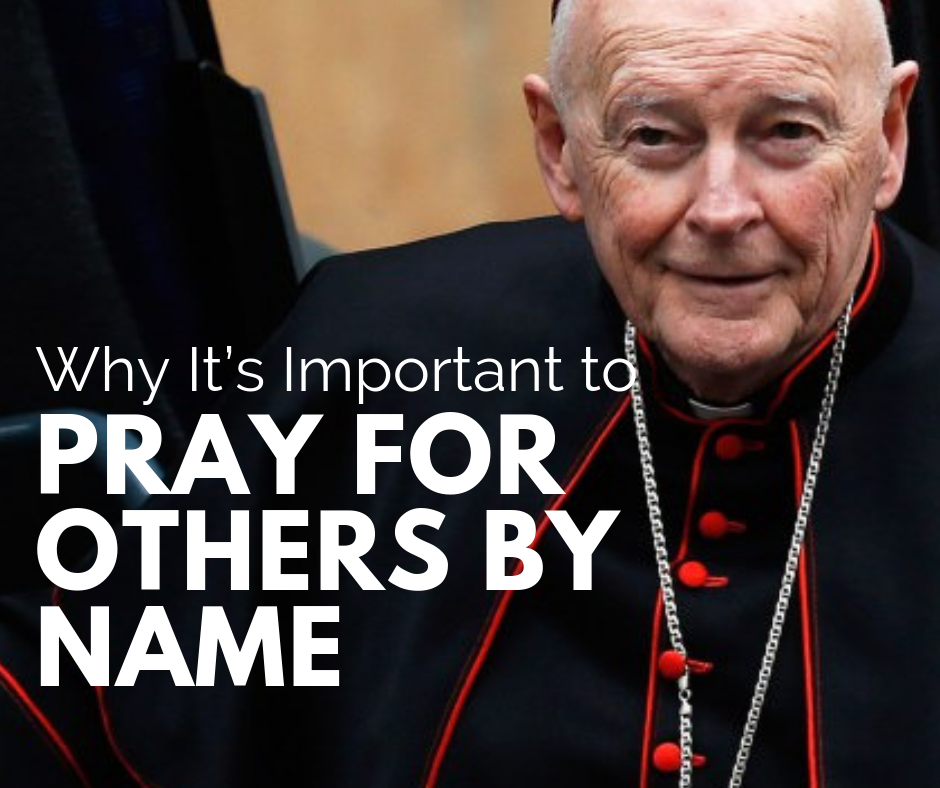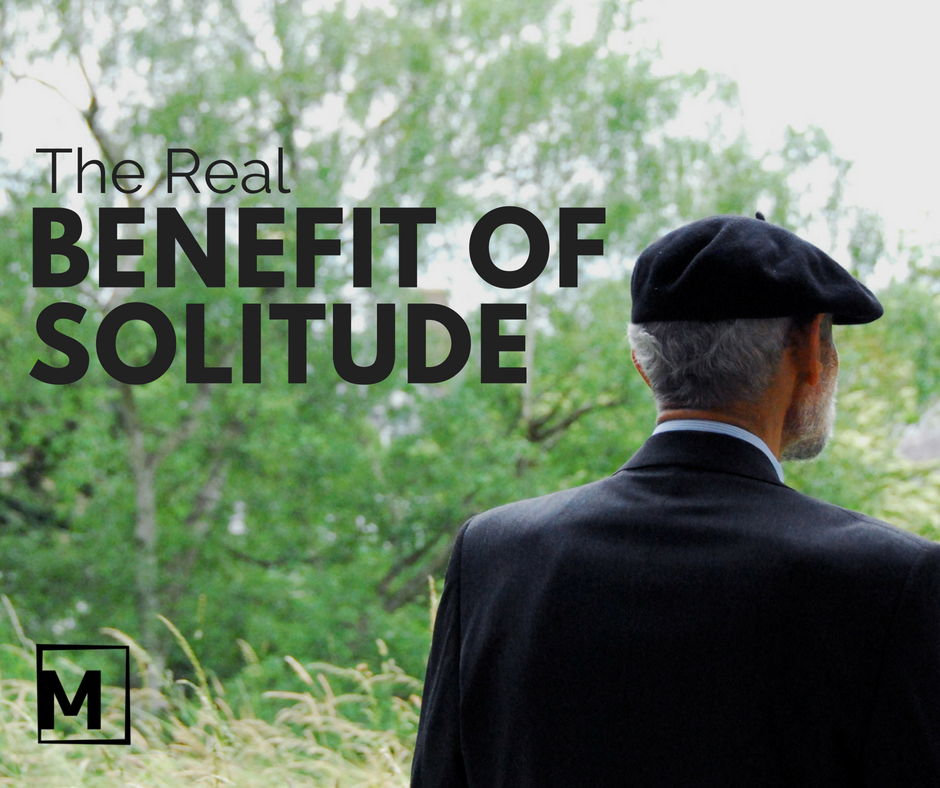The other day, I did something that I was hesitant to do: I prayed for Archbishop McCarrick, the disgraced former Cardinal and leader of the Archdiocese of Washington, DC.
I didn’t want to do it- I’ve never met the man. It felt awkward. It put a scowl on my face. I made sure that it didn’t last long. He is an enemy of young people and I don’t like him- not even a little.
And then I prayed for others who have victimized young people. If I knew their names, I mentioned them. Again, I didn’t want to do it and certainly didn’t enjoy it.
And yet, somehow, it felt right. I’ve been so angry, of late, by the emerging news about the Catholic Church. We have a problem. We don’t form our leaders all that well. We don’t have enough accountability loops in place. We need a culture of servant leaders and instead have built a system of leader idolization. It’s sad.
Praying for others by name is like that- it will depress you. It will take you to a place that you rarely visit. I learned this years ago. Someone tried to harm me and it cut me to the core. It was only by praying for them, by name, out loud, that I found peace.
In Matthew 5:43-45, Jesus says that we must do this:
“You have heard that it was said, ‘Love your neighbor[a] and hate your enemy.’ But I tell you, love your enemies and pray for those who persecute you, that you may be children of your Father in heaven. He causes his sun to rise on the evil and the good, and sends rain on the righteous and the unrighteous.”
This sounds nice... until you have to do it. Then, it provides a hesitant submission, as if to say, “Ok God, you’re right...I’ll do it.”
We don’t like having enemies.
Most of us would rather just get along. I know that I would. Most of my Christian friends are people pleasers, another posture of getting along. That’s not a bad thing but it does make having enemies all the more difficult.
Enemies prop up time and again, like a rash that you can’t ignore. An enemy is someone who opposes you and seeks to do you harm. This is a dark realization and one that Jesus knew full well. He had plenty of individuals who opposed his every move. I imagine that his enemies frustrated him, knowing that they were slowing down his ministry.
Imagine just for a second if Jesus’ enemies spent more time listening and less time ruining his reputation... how things would have been different.
All leaders understand this.
No matter what you do, some will oppose you. They may be awful human beings or stellar individuals with good character. But prepare yourself- you will be opposed at some point.
For a follow up, I suggest you spend 60 seconds thinking of your enemies. You won’t need more than that because they will come to your mind immediately. Plus, it’s likely that your enemies can be counted on one hand.
If you have more than that, you’re likely the President. That’s another conversation altogether.
Once you have those individuals in mind, it’s important to take them to prayer. Mention them, by name, to God. Ask for His mercy and provision for them. Pray for reconciliation with them. Ask for a gentle heart towards them, knowing that they are going through something in their own lives that produces resistance towards you.
Praying for others by name humanizes them. This reminds you that they too are loved by God and in need of mercy. This shortens the distance between you and them. It also reminds you of your own need for mercy and God’s love.
It’s the right thing to do.
This exercise is one of the most powerful in all of the Christian life. We are all sinners and more in need of God’s mercy than we realize at any one moment. Praying for your enemies by name is one outflow of this truth.






